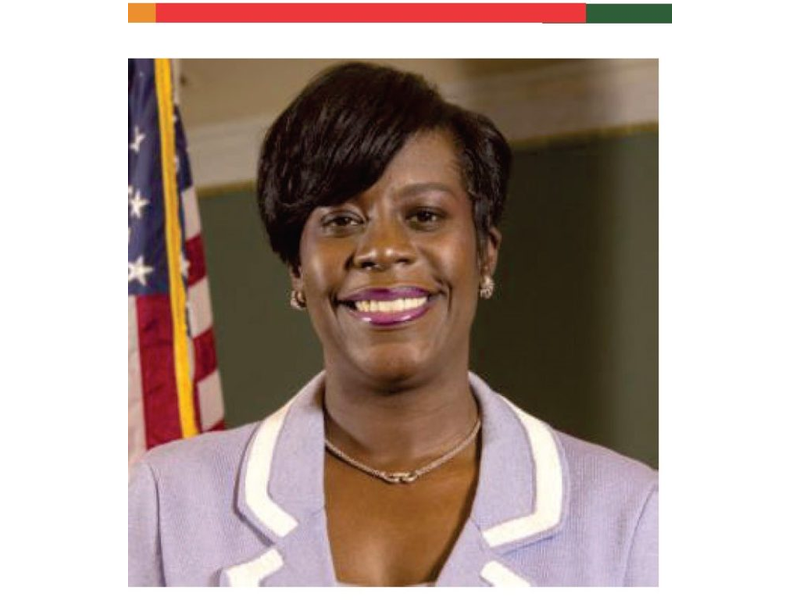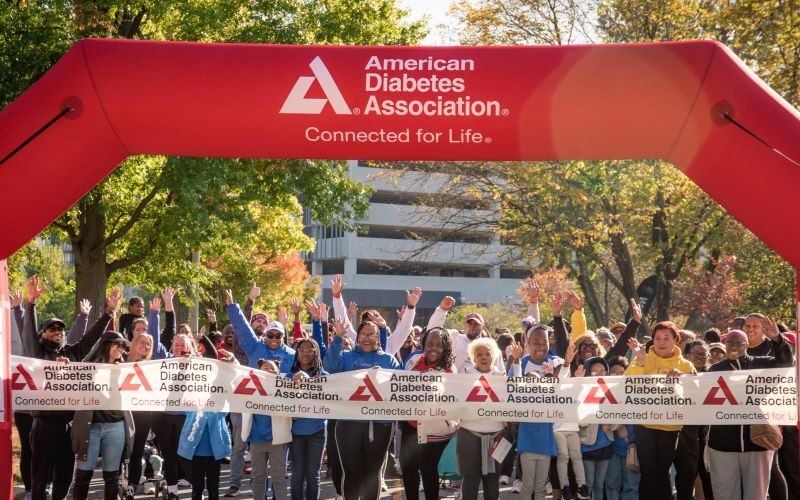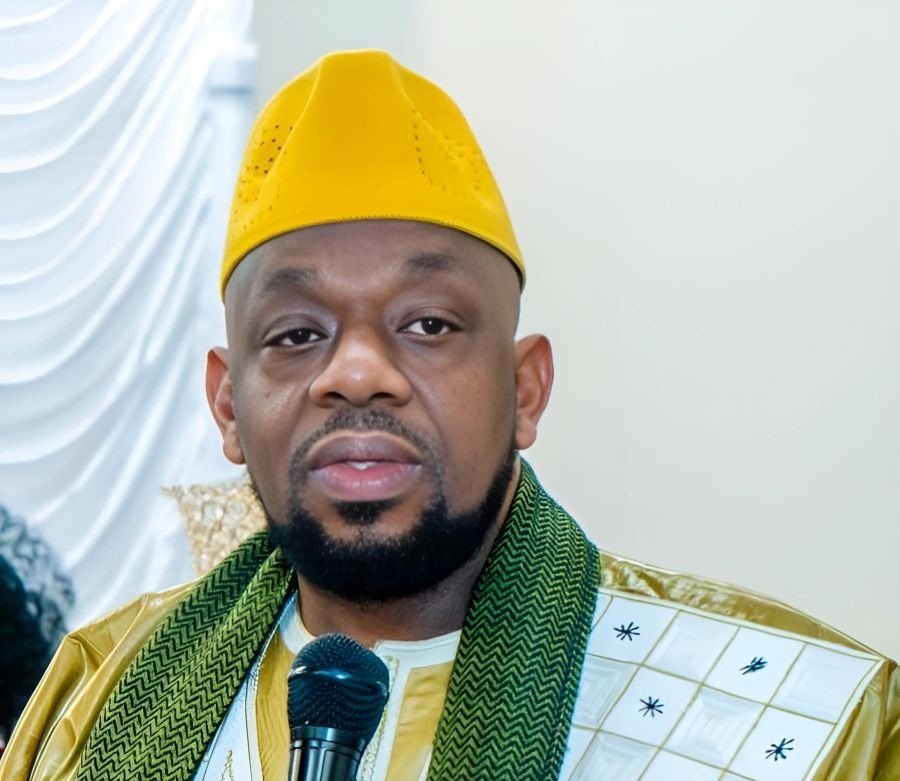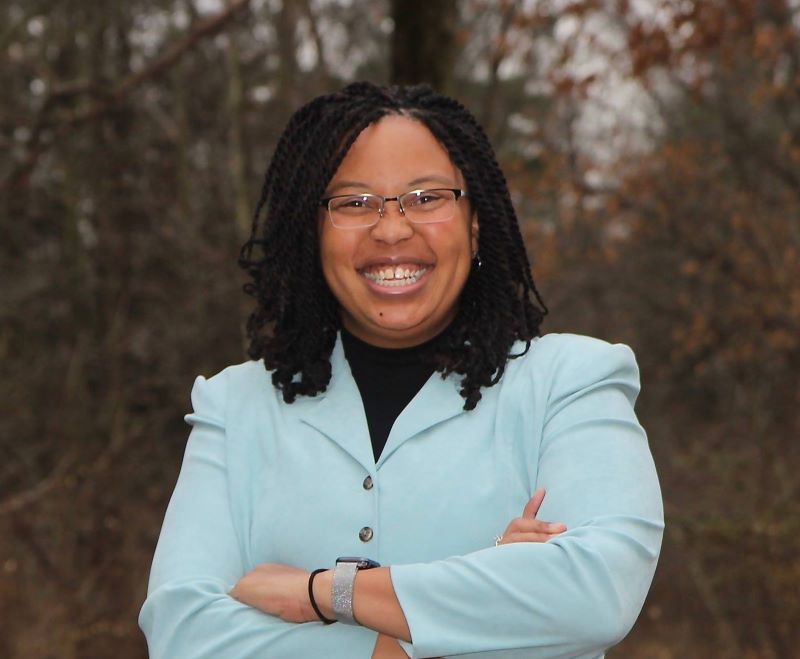
r was born to a single teenaged mother and raised by her grandparents, James & Dorothy Parker. As a proud product of the School District of Philadelphia (SDP), she attended Rowen Elementary, Austin Meehan Middle, and Parkway Program High School(s). Cherelle began to pursue her passion for public service at the tender age of 17, after having made history by becoming the first student in the SDP to win both the Citywide Black and Women’s History Month Oratorical Competitions in the same year. It was during this period that she decided it was time for her to get involved in improving the quality of life in her neighborhood. Cherelle became an intern at the socially conscious WDAS Radio Station and a volunteer for the Friends of the Ogontz Avenue Revitalization Corporation (FOARC), the community engagement arm of a Community Development Corporation which breathed new life into the West Oak Lane Community in which she was reared.
Prior to her election to Council in November 2015, Cherelle served for 10 years as the State Representative for the 200th Legislative District in the Pennsylvania House of Representatives, where she made history in September 2005 by becoming the youngest African-American woman ever elected. As State Representative, she earned a reputation for being one of the most effective, politically savvy and proactive legislators in the region. She was twice elected by her Philadelphia colleagues to serve as chair of the Philadelphia Delegation to the House, and in 2013, she was also appointed vice chair/Democratic chair of the House Committee on School Safety.
Since her election, Councilwoman Parker has been proactive in supporting Economic Development opportunities to benefit Philadelphians and all Pennsylvanians. With the enhancement of neighborhood commercial corridors being one of her passions, Councilwoman Parker and other community based organizations worked to improve Wadsworth Avenue, the gateway from Philadelphia to the suburbs, by securing the funding for the installation of 19 pedestrian scale streets lights, 42 trees, tree lights and business awnings on Wadsworth Avenue, which marked one of many projects supported by Councilwoman. Parker to enhance the quality of life within her District. Councilwoman Parker assisted in securing over $5.85M for capital projects and community based organizations throughout the her District. What is a defining moment in your career and life?
In life, there have been a few. As a senior at the Parkway Program High School in 1990, I had the distinct honor and privilege of becoming the 1st student in the history of the School District of Philadelphia (SDP) to win both, the Citywide Black History and Women’s History Month oratorical contests – during the same year. Dr. Constance E. Clayton was Superintendent of the SDP. As a result of the aforementioned, I got the opportunity to come to City Council and give my speech. That is when I met the late Councilwoman Augusta Clark who introduced me to Councilwoman Marian Tasco. These two women took me under their wings, gave me an internship, taught me about public service, and personally assisted in making sure that I received the financial help I needed to complete my undergraduate education at Lincoln University. (It is important to note that I was not a product of a powerful political family – nor did I have any connections to anyone considered to be, “powerful!” Their embrace of me was an authentic showing of true mentorship and human investment. As a black girl who comes from humble beginnings, I will never forget it!)
In my career, there have also been a few defining moments. One of the first came when Councilwoman Tasco and then State Representative Dwight Evans, strongly encouraged me to run for state representative. I initially objected because, by that time, I had spent 15 years working in City Council, where I knew my way around, and had gotten comfortable in that environment. They double-teamed me and pushed me out of the nest, so to speak, because they wanted me to learn how to govern, how to work in a legislative body with people who had very different points of view. And, guess what? It turned out to be one of the greatest learning experiences I have ever encountered.
It was serving in the Pennsylvania General Assembly as State Representative for 10 years that taught me how to be a legislator. For five of those years, I was honored to serve as Chair of the Philadelphia Delegation in the PA House, during very crucial economic times for our great city. As a Democratic African American woman in a majority Republican legislative body, I learned very quickly the importance of building relationships with folks who were considered to be unlikely allies. Those were some of the most valuable lessons that yielded invaluable results. We had a Republican Governor, Republican controlled House, and a Republican controlled Senate. However, we couldn’t use that as an excuse not to get anything done. We worked together to deliver results. I will never forget the people and those times in my life.
What challenges have you faced as a woman of color in your field and how did you overcome them?
As a black woman in politics, I have always had to overcome stereotypes and people trying to “put me in a box” regarding issues they think I should care about and positions I should take. I have overcome those stereotypes by staying true to my values and my passion and not trying to conform to anyone’s preconceived notions of me.
I have also often dealt with being the only woman, let alone black woman, in the room during important conversations, whether it be with other legislators, boards of directors, or advocacy groups. In my first comments as an elected official on the floor of the Pennsylvania House of Representatives, I publicly stated that the chamber seemed, “a tad-bit testosterone-heavy.” It is that kind of candor and authenticity that has enabled me to thrive in that kind of environment. People know that I am honest and forthright with beliefs.
What woman inspires you and why?
There are so many. Dorothy Parker, Viola Reed, Myrtle Parker, Marlene Trice, Brenda Rivera, Bernice McClain, Augusta Clark, Marian Tasco, Mary Hurtig, Gerri Walker, Karen Warrington, Jeanette Jimenez, Asha Woodard, Claudette Levitt, Onah Weldon, Edwina Baker, Emma Chappell, Joann Bell, Linda Miller, Sharmain Matlock-Turner, Flo Burnley, Cheryl Harper, Joan Howell, Kathy Huggins, Phyllis James, Cornelia Brown, Mary Hughes, Gwen Campbell, Letty Thall, Asenath Talley, Dr. Constance E. Clayton, Dr. Ruth Wright Hayre, Shirley Dennis, Charisse Lillie, Donna Cooper, Lisa Crutchfield, Karen Coates, Ahmeenah Young, Julie Coker, Melonease Shaw, Margaret Graw, Thera Martin, Patty Jackson, Lisa Collins, Sacaree Rhodes, and Estelle Richman, just to name a few. These are the shoulders on which I stand. Each of these women deposited something into my life. With great fortitude and perseverance, they made it through time and time again, despite every obstacle, setback, or failure! In addition, each of these women took time out of their lives to share their gifts with other women. Former US Secretary of State Madeline Albright says, “there is a special place in Hell for women who have succeeded in life – but don’t send the elevator back down – to help other women,” and I agree with her sentiments!
What is your advice to the younger generation of women coming after you?
Follow your passion, don’t let anyone put you in a box, and just be authentic. Also, beware of negative self-fulfilling prophecies, which means be careful of allowing a negative self-perception to manifest itself. If you think you cannot succeed because you don’t come from a two-parent household or didn’t go to the best private school or weren’t born into a wealthy family, then you will self-sabotage your own dreams.
What does being a part of the African Diaspora mean to you?
I’m extremely proud of my African heritage. Our people come from a long line of kings, queens, scientists, artists, warriors, freedom fighters, and community leaders. We have been the victims of genocide, slavery, Jim Crow, racism, redlining, voter suppression, mass incarceration, and other forms of systemic oppression, and still managed to rise like the Phoenix. We are also a diverse people in terms of language, culture, values, beliefs, etc. When I had the opportunity to travel to Senegal in West Africa, and Morocco in North Africa, as a teenager, it was amazing to see people who looked like me, who shared the same heritage. It made me feel proud of my connectedness to the continent that gave birth to civilization. I am unapologetically proud to be a product of Africa.




